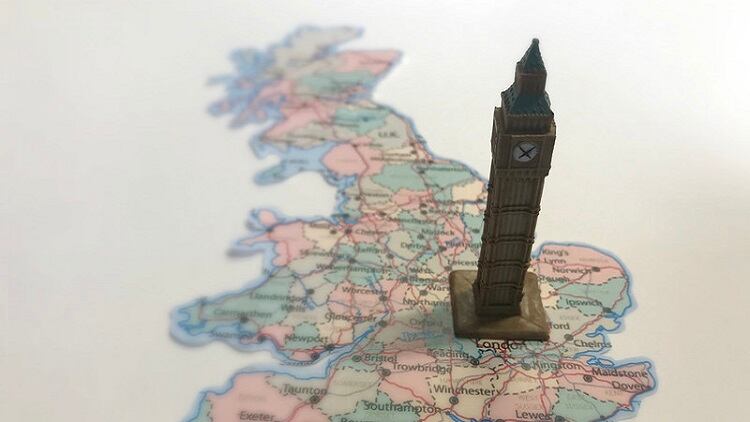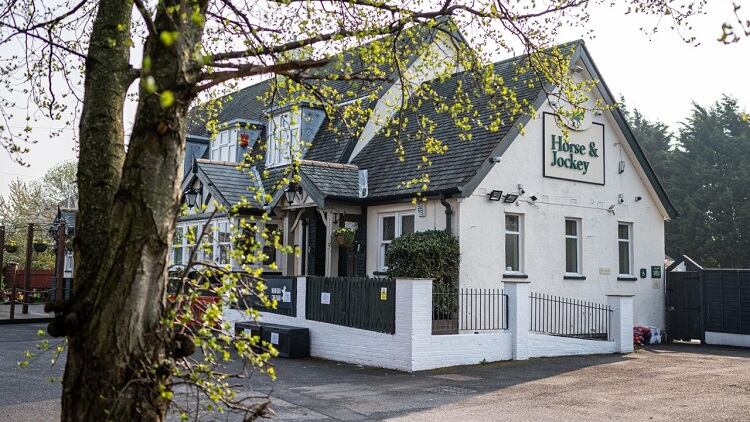The threshold’s nationwide increase to £9.50 – or £10.85 in London, a 10p boost – is designed to help workers and families weather the ongoing Covid-19 pandemic.
Introduced to ensure staff earn a wage that meets the real cost of living, and covers everyday needs, the voluntary rate is not be confused with the compulsory National Living Wage, which is currently £8.72 an hour for anyone over the age of 25.
The real living wage is 78p per hour more than the Government minimum for over 25s while the London living wage is £2.13 per hour higher.
This means that a full-time worker paid the new £9.50 rate will receive more than £1,500 in additional wages annually compared to the current Government minimum.
For a full-time worker in London this rises to more than £4,000.
Boost to workers
"It's an incredibly challenging time for us all, but today's new living wage rates will give a boost to hundreds of thousands of UK workers, including thousands of key and essential workers like cleaners, care workers, and delivery drivers who have kept our economy going,” Laura Gardiner, Living Wage Foundation's director, said.
"Since the start of the pandemic employers have continued to sign up to a real living wage.
"During Living Wage Week it's right that we celebrate those employers that have done right by workers and families, providing them with much needed security and stability even when times are hard.
"These are the employers that will allow us to recover and rebuild from this crisis.”
Hospitality proportion highest
Though more than 800 companies have sought Living Wage Foundation accreditation since the start of lockdown in March, joining a network of almost 7,000 employers across the UK already paying the recommended rate, latest figures show that there are still 5.5m jobs – 20% of all employees – falling short.
According to Living Wage Foundation data, the hospitality sector has the highest proportion of jobs paid below the real living way at 70.8%, followed by the arts, entertainment and recreation sector at 36.8%.
However, the highest numbers of jobs paid below the recommended threshold are in the wholesale and retail sectors with 1.3m jobs.
What’s more, jobs held by women are more likely to be paid below the Living Wage with 60% of the 3.3m below living wage roles were held by women in April 2020.
Additionally, more than a quarter (25.3%) of jobs in Northern Ireland pay below the living wage – the highest in the UK – while Scotland had the lowest proportion at 15.2%.




